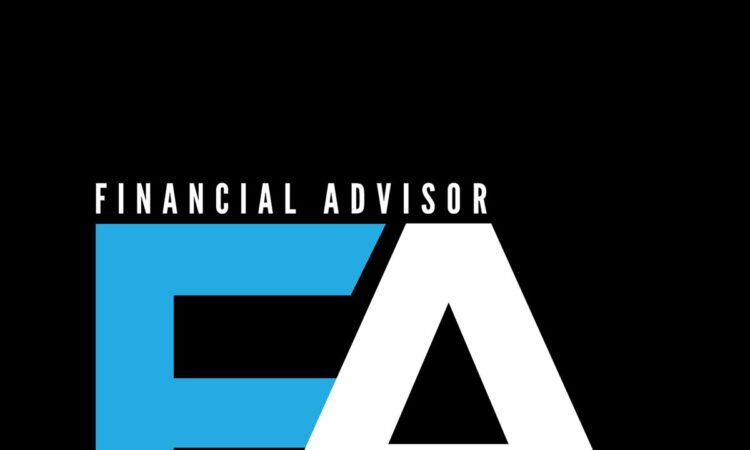
A bill has been introduced in the House that would permanently open the door for 401(k) investors to tap into alternative assets such as private equity, real estate, and cryptocurrency.
Rep. Troy Downing, a Republican congressman representing Montana, has introduced the Retirement Investment Choice Act, which seeks to codify an executive order by President Donald Trump that directed regulators to “democratize access” to alternative investments for retirement savers.
The bill would require the Department of Labor and the Securities and Exchange Commission to ease regulatory barriers that have historically limited 401(k) plans to mutual funds and publicly traded securities.
“Alternative investments hold the transformative potential to supercharge the financial security of countless Americans saving for retirement,” Downing said. “I applaud President Trump for his leadership to democratize finance and am proud to be leading the effort in Congress to codify his executive order and enshrine this move for generations to come.”
Co-sponsors include Republican Representatives Byron Donalds of Florida, Warren Davidson of Ohio and Marlin Stutzman of Indiana.
Wall Street firms and alternative investment managers have expressed interest in tapping the $13 trillion market for employer-based defined contribution (DC) plans.
In response, firms like Blackstone have launched units aimed at channeling retirement savings into private market investments. Blackstone’s new unit, part of its private wealth segment, will focus on partnerships and products tailored for defined contribution plans to access the multitrillion-dollar U.S. market.
The American Securities Association praised the legislation. Chris Iacovella, ASA president and CEO, said it “will expand investment opportunities for every American retirement saver and retiree.”
Supporters say expanding access to alternatives could give everyday investors exposure to high-growth opportunities long reserved for institutions and the ultra-wealthy. They argue that diversification into real estate and private credit can smooth market volatility and potentially boost long-term returns.
Skeptics warn that alternatives carry higher risks that have typically restricted them to accredited investors.
SEC Chairman Paul Atkins has said the initiative “has potential” but raises concerns about liquidity, valuation and fee transparency—issues that could complicate fiduciary oversight and participant understanding.
The DOL has emphasized that any future rulemaking will maintain ERISA’s high fiduciary standard. “Our goal is to provide clarity, not to lower the bar,” a DOL spokesperson said.
Trump’s executive order directed regulators to reassess restrictions keeping alternative investments largely out of defined contribution plans. The order states that “every American preparing for retirement should have access to funds that include investments in alternative assets when the relevant plan fiduciary determines that such access provides an appropriate opportunity.”
The order also instructed the Labor Department to revisit guidance issued during the Biden administration that discouraged plan sponsors from offering alternatives such as private equity because of fiduciary risks tied to valuation, liquidity and transparency. The DOL rescinded that guidance last month and said it would begin rulemaking to clarify how fiduciary standards apply to alternative assets.
The bill itself is short but sweeping. It states that Trump’s executive order “shall have the force and effect of law,” effectively turning the Trump directive into a permanent statutory mandate.
For now, the Retirement Investment Choice Act remains in its early stages. It has been referred to the House Financial Services Committee, where it will likely face debate over how far regulators should go in loosening guardrails around retirement plan investments.
In the Senate, Democratic lawmakers have voiced skepticism about exposing retirement savers to illiquid or speculative assets.
Still, Downing and his allies see momentum. “Americans deserve the same opportunities as institutions when it comes to building long-term wealth,” Downing said. “This bill makes sure that access endures beyond any single administration.”
Downing, Financial Services Chairman French Hill, Capital Markets Subcommittee Chair Ann Wagner, and six committee members sent Atkins a letter last month supporting the opening of 401(k)s to alternatives and asking the SEC to collaborate with the DOL on revising regulations.




